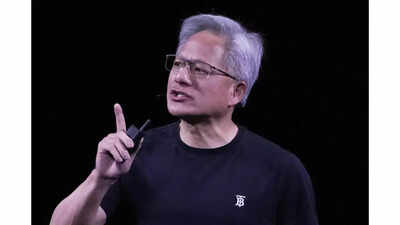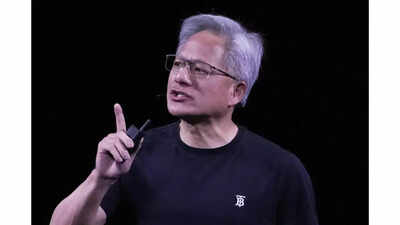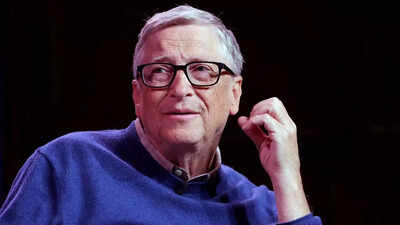Nvidia CEO Jensen Huang: Whenever I get an answer from AI, I always ask …

Nvidia CEO Jensen Huang has drawn a parallel between his use of artificial intelligence (AI) chatbots and how a patient may seek multiple medical opinions. His method provides insight into how to maximise the accuracy of AI chatbot responses, emphasising that he avoids relying on a single AI for answers. Instead, he consults multiple AIs, encouraging them to critique each other’s responses.In a recent interview on CNN’s “Fareed Zakaria GPS”, Huang explained his method: “When you receive an answer from an AI, I wouldn’t just receive it. Usually, what I do is I say, ‘Are you sure this is the best answer you can provide?'”“You know this is no different than getting three opinions. Three doctors’ opinions. I do the same thing. I ask the same question of multiple AIs. And I ask them to compare each other’s notes and then, you know, give me the best of all the answers,” he stated.
Huang says sometimes he asks AI to treat him as a 12-year-old before answering the question
This isn’t the first time Huang has discussed his personal AI usage. At the 28th annual Milken Institute Global Conference in May, he shared that he uses AI “as a tutor everyday.” He adapts its explanations to his learning needs, saying, “In areas that are fairly new to me, I might say, ‘Start by explaining it to me like I’m a 12-year-old,’ and then work your way up into a doctorate-level over time.”Huang’s insights into his AI habits came in response to a question from Zakaria about AI’s potential impact on cognitive skills. Zakaria cited an MIT study that suggested using tools like ChatGPT for writing tasks “came at a cognitive cost” to participants.While Huang admitted he hadn’t reviewed the MIT research, he firmly believes his “cognitive skills are actually advancing” despite using AI “literally every single day.” He challenged the notion that AI use leads to a decline in critical thinking: “I’m not exactly sure what people are using it for that would cause you to not have to think, but you have to think.”“When I’m interacting with AI, it’s a questioning system. You’re asking it questions. In order to formulate good questions, you have to be thinking. You have to be analytical. You have to be reasoning yourself,” he said.Huang isn’t alone among tech leaders in integrating AI into daily work. Microsoft CEO Satya Nadella also revealed in a May Bloomberg interview that he uses Microsoft Copilot for tasks like summarising emails and preparing for meetings.




